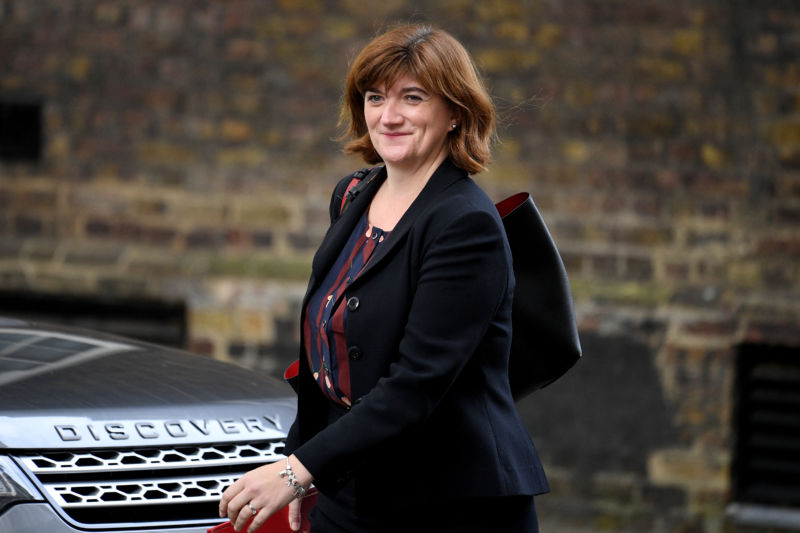
The United Kingdom is abandoning plans to try to force pornography websites to age-verify UK Internet users. Digital Secretary Nicky Morgan announced the shift in a Wednesday statement.
Morgan claimed that “the government’s commitment to protecting children online is unwavering.” However, she said, the government will now accomplish that goal “through our proposed online harms regulatory regime.” She didn’t elaborate on what those regulations would look like.
The age verification requirement was part of the Digital Economy Act that the UK parliament passed in 2017. It was supposed to go into effect last year but was delayed multiple times. Most recently, the government announced in April that the new requirement would go into effect on July 15.
But that didn’t happen. In June, the government said that it needed to delay implementation while it filed necessary paperwork with the European Union. Now the UK is tacitly admitting that the entire scheme is unworkable.
Why critics opposed the age-verification plan
Two big questions have dogged Britain’s plan to restrict children’s access to pornography. One is what to do about overseas porn sites. The UK government can easily require domestic porn sites to use age-verification technology. But porn sites based outside the UK—which is most of them—might not comply with a British law.
The government’s plan was to put recalcitrant sites on an official blacklist—and then require Internet service providers in the UK to block traffic from those sites. Critics warned that this approach could block access to legitimate content while doing nothing to prevent access by Brits who knew how to use a VPN.
The other big concern was about privacy. Rather than mandating that websites use a specific age verification technology, the rules would have left it up to each porn site to decide on the best method. Most sites were expected to verify users by asking for credit card numbers or information from government-issued IDs.
Critics argued it wasn’t a good idea to encourage British adults to turn over identifying information to porn sites that might not have the strongest security—or the highest ethical standards. The proposed rules didn’t include privacy safeguards for the identifying information sites collected—though the data would have been covered by EU-wide privacy laws.
https://arstechnica.com/?p=1586523

